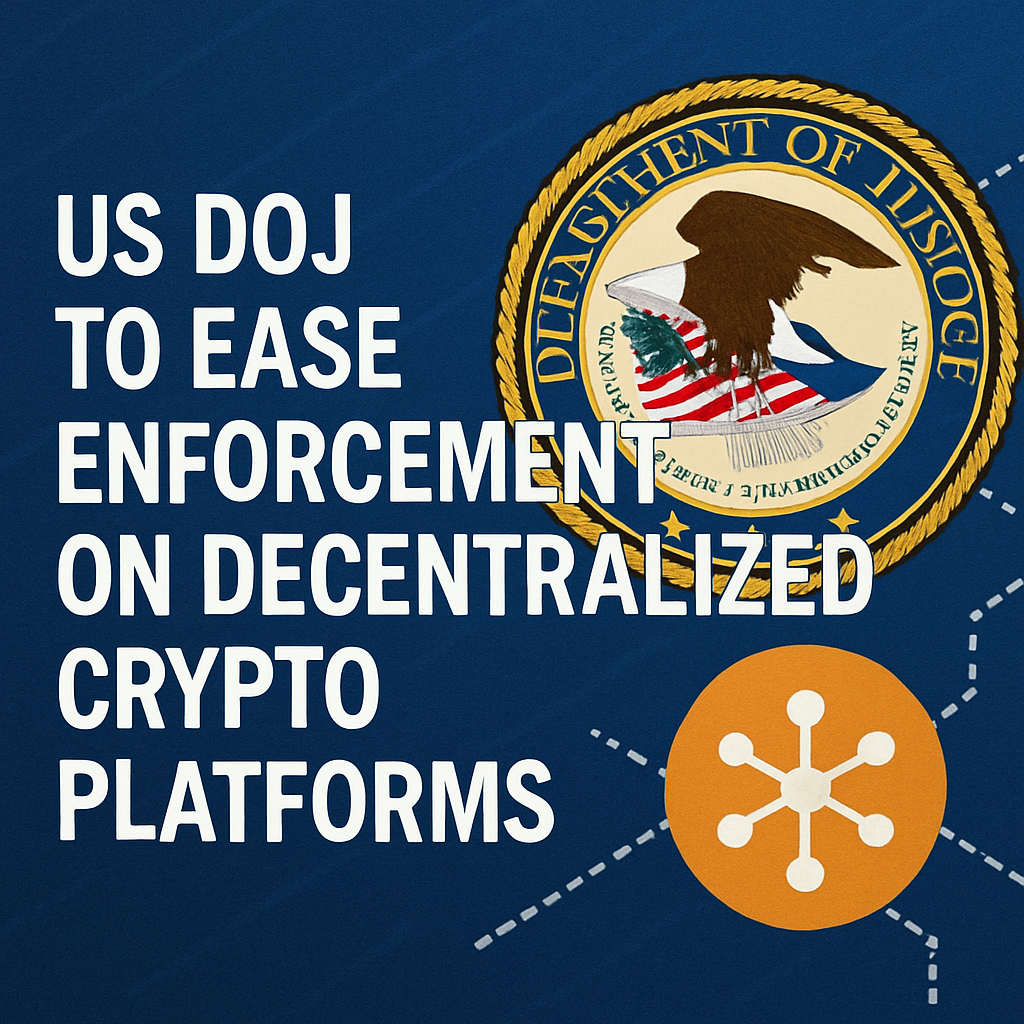Acting Assistant Attorney General Matthew Galeotti announced on August 21, 2025 that the US Department of Justice will no longer pursue charges against software developers who merely write code enabling decentralized cryptocurrency transactions without evidence of criminal intent. The policy marks a departure from prior enforcement actions that treated code development as equivalent to money transmission under federal statutes.
Galeotti made the remarks at the Blockchain Summit in Jackson Hole, Wyoming, stating that “merely writing code, without ill-intent, is not a crime.” The DOJ’s Criminal Division has disbanded its specialized crypto enforcement team and will instead concentrate on prosecuting demonstrable illicit behavior, such as fraud, money laundering and sanctions evasion facilitated by bad-faith actors.
The shift follows the controversial conviction of Roman Storm, co-founder of Tornado Cash, who was found guilty earlier this month of operating an unlicensed money-transmitting business despite never handling customer funds or conducting transactions. Critics argued that punishing a developer for publishing open-source software sets a dangerous precedent and chills innovation in the blockchain sector.
Under the new approach, the DOJ will focus on intermediaries that facilitate illicit transfers and on entities that profit from non-compliant platform operations. Civil regulators such as the Securities and Exchange Commission are expected to continue parallel actions in their respective domains. The DOJ’s announcement provides greater legal clarity for developers of decentralized applications and may ease tension between law enforcement and the rapidly evolving crypto industry.

Comments (0)